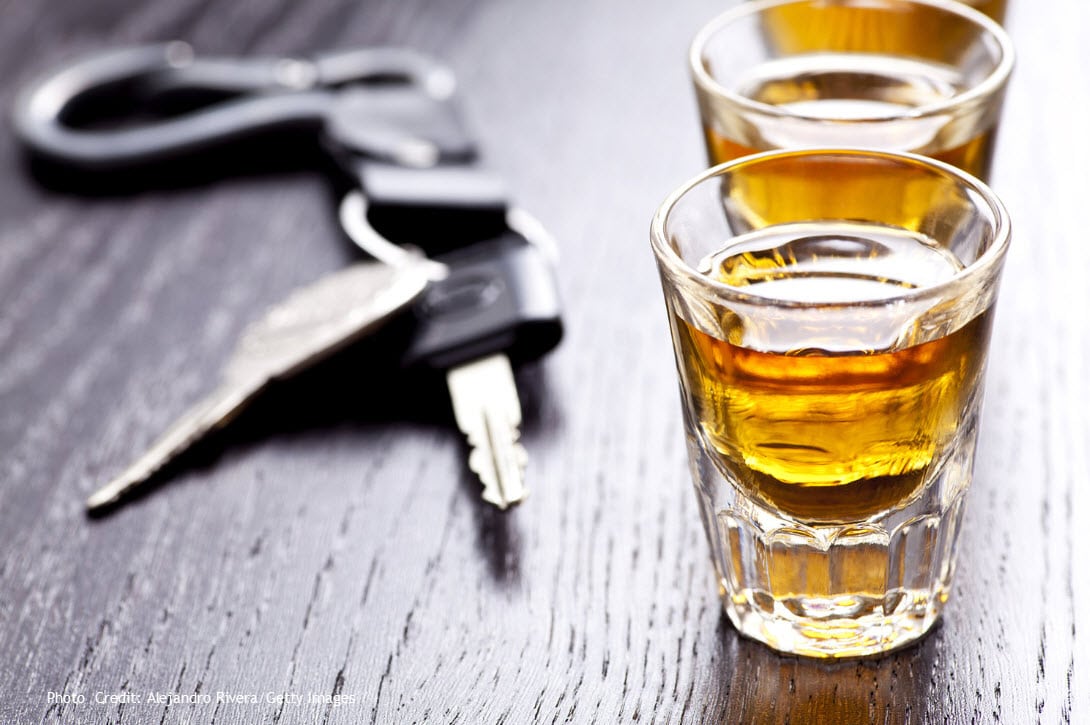 Celebrating the spirit of the holidays often includes drinking holiday spirits. Most people celebrate responsibly. But during the holiday season, people are more likely to drink beyond a safe limit than at other times of year. And when driving is involved, the resulting consequences can be tragic. Despite all the evidence of the dangers, myths around drinking and driving still abound. Some of them can prove fatal.
Celebrating the spirit of the holidays often includes drinking holiday spirits. Most people celebrate responsibly. But during the holiday season, people are more likely to drink beyond a safe limit than at other times of year. And when driving is involved, the resulting consequences can be tragic. Despite all the evidence of the dangers, myths around drinking and driving still abound. Some of them can prove fatal.
Myths & Facts
Myth: Your decision-making abilities and driving skills are not impaired until intoxication occurs.
Fact: Even a few drinks can diminish your decision-making, including the decision of whether or not to drive. So your driving skills may be compromised well before physical signs of intoxication. Though you may initially feel stimulated by a drink or two, alcohol consumption can rapidly decrease good judgment and reaction times. And while you may not feel or appear drunk, the sharpness needed for good decisions and responsible driving can be dulled by even a small amounts of alcohol.
Myth: If you’re not slurring your words or feeling inebriated, it’s okay to drive.
Fact: Coordination needed for safe driving diminishes long before the signs of intoxication occur. Additionally, the sedative effects of alcohol increase your risk of losing attention or falling asleep behind the wheel.
Myth: After drinking all evening, it’s okay to drive after “sobering up.”
Fact: After finishing drinking, you may misjudge how long alcohol will affect your driving abilities. According to the National Institute on Alcohol Abuse and Alcoholism, alcohol’s effect on the body and brain may persist long after the final drink. Despite a cup of coffee or cold-shower, alcohol in the bloodstream can continue to impair your judgment and coordination for many hours.
Myth: A couple of cups of coffee will sober you up.
Fact: Though caffeine may help avert drowsiness, it doesn’t affect the alcohol that’s still in your bloodstream impairing judgment or coordination. It may take hours for your body to return to normal after metabolizing alcohol. In this way, time without additional alcohol provides you the only way to sober up. And sober is the only truly safe way to drive.
A simple message
Though there are many myths about drinking, driving, and other behaviors, the facts readily dispel each one of them. According the CDC, every day, 29 people in the U.S. die in motor vehicle crashes that involve an alcohol-impaired driver. The Council on Recovery wants everyone in our community to be safe during this season and recommends adherence to the old adage, “Don’t Drink and Drive”.
If you must travel after drinking
If you must travel after drinking, ride with a designated sober driver. Or call a cab, Uber, or Lyft. Some of these offer free or discounted rides during the holidays. METRO offers free rides on local bus, rail, and lift services from 6 p.m. December 31 until 6 a.m. on January 1. AAA-Texas offers free “Tipsy Tow” service on New Year’s Eve, providing a one-way ride up to 10 miles for the driver and vehicle to the driver’s home. However you get home, just get there safely.
We can help
At this season, if you or someone you know has a problem with alcohol, drugs, or other addictive behaviors, call The Council at 713-941-4200 or contact us online. Recovery can be the sweetest gift you give yourself or a loved one this year. Start at The Council. We can help!
